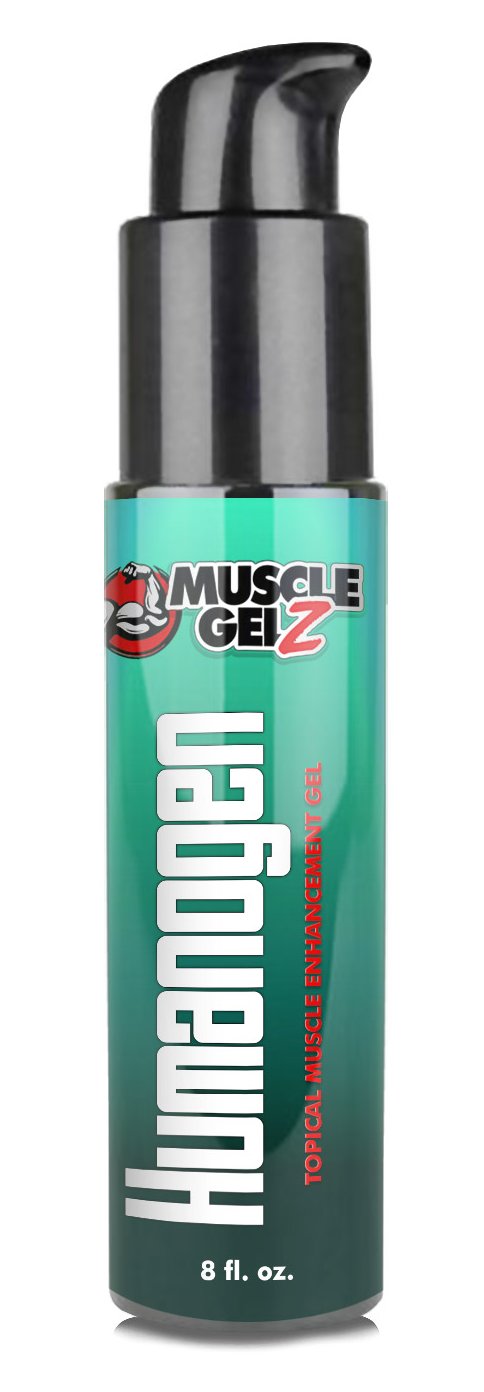Daily dose of diet soda tied to triple risk of deadly stroke
If you're partial to a can of Pepsi Max at lunch, or enjoy a splash of Coke Zero with your favorite rum — you might want to put that drink back on ice.
According to a new study, just one diet drink a day can triple the risk of a deadly stroke, with researchers also finding the beverages have a “worrying association” with dementia.
The team of researchers from Boston’s University School of Medicine, said people who consume a can of artificially-sweetened soft drink a day were at three times the risk of suffering the most common form of stroke compared to non-drinkers.
The US study also indicated that diet soft drink fans were 2.9 times more likely to develop Alzheimer’s. But after accounting for all lifestyle factors, the researchers found the link to dementia was statistically insignificant, however, the impact on stroke risk remained.
The study, which looked at ten years’ worth of data from more than 4,300 people, indicates that people need to look beyond the word ‘diet’ when making drink choices.
“Drinking at least one artificially sweetened beverage daily was associated with almost three times the risk of developing stroke or dementia compared to those who drank artificially sweetened beverages less than once a week,” the research read, which was published in Stroke, the journal of the American Heart Association.
“After adjustments for age, sex, education (for analysis of dementia), calorific intake, diet quality, physical activity and smoking, higher recent and higher cumulative intake of artificially sweetened soft drinks were associated with an increased risk of ischaemic stroke, all-cause dementia and Alzheimer’s disease dementia.”
“To our knowledge, our study is the first to report an association between daily intake of artificially sweetened soft drink and increased risk of both all-cause dementia and dementia because of Alzheimer’s disease,” the co-authors added.
STROKE HOSPITALIZATIONS RISING AMONG YOUNGER US ADULTS
THE PROBLEM WITH THE ‘NO CALORIES’ TRADEOFF:
Diet drinks contain next-to-no calories, because they use artificial sweeteners that are hundreds, sometimes thousands of times sweeter than sugar.
There is public concern about some sweeteners, with scientists across the world arguing that low-calorie substitutes may lead to weight gain and increase the risk of developing type 2 diabetes.
“A lot of people assume they must be healthy choices because they are not sugared beverages, but the critical thing for people to understand is we don’t have the evidence,” Prof Susan Swithers, from the US’s Purdue University told the BBC.
Typically, the different types of sweeteners used in diet drinks range from Aspartame, Saccharine and Stevia.
Aspartame is the sweetener most used in diet drinks, and is also the most controversial.
At 200 times sweeter than sugar, it is used right across the world as a sugar substitute, including cereal, chewing gum and lollies.
“Diet drinks, despite having zero sugar and hardly any calories, actually taste far sweeter than regular soft-drinks,” nutritionist Kristen Beck told news.com.au.
“The problem is that the human brain aren’t set up to be able to deal with the intensely-sweet, zero-calorie version of sweetness that artificial sweeteners provide.”
Humans are set up to crave and seek out sweet foods, and when they eat something sweet,
the brain responds to sweetness with signals to eat more.
“Artificial sweeteners provide an intensely sweet taste without any calories which can actually cause you to crave more sweet foods and drinks,” Ms Beck said.
“In turn, the sweetness drive you to eat more kilojoules from sweet foods and drinks than you normally would.
“While sugar signals a positive feeling of reward, artificial sweeteners may not be an
effective way to manage a craving for sweets.
“Artificial sweeteners trigger insulin, which sends your body into fat storage mode and leads to weight gain,” Brooke Alpert, author of The Sugar Detox said.
According to Prof. Swithers, ingesting sweeteners also obstructs the way the body deals with real sugar when it’s consumed again.
“We think the diet sodas may be bad because they make it hard to deal with the sugar you are consuming,” she said.
“When the animals get real sugar they’re not as good at processing it, their hormonal responses get blunted, their blood sugar levels go up and it leads to weight gain.”
Source: http://www.foxnews.com/health/2017/04/21/daily-dose-diet-soda-tied-to-triple-risk-deadly-stroke.html
If you're partial to a can of Pepsi Max at lunch, or enjoy a splash of Coke Zero with your favorite rum — you might want to put that drink back on ice.
According to a new study, just one diet drink a day can triple the risk of a deadly stroke, with researchers also finding the beverages have a “worrying association” with dementia.
The team of researchers from Boston’s University School of Medicine, said people who consume a can of artificially-sweetened soft drink a day were at three times the risk of suffering the most common form of stroke compared to non-drinkers.
The US study also indicated that diet soft drink fans were 2.9 times more likely to develop Alzheimer’s. But after accounting for all lifestyle factors, the researchers found the link to dementia was statistically insignificant, however, the impact on stroke risk remained.
The study, which looked at ten years’ worth of data from more than 4,300 people, indicates that people need to look beyond the word ‘diet’ when making drink choices.
“Drinking at least one artificially sweetened beverage daily was associated with almost three times the risk of developing stroke or dementia compared to those who drank artificially sweetened beverages less than once a week,” the research read, which was published in Stroke, the journal of the American Heart Association.
“After adjustments for age, sex, education (for analysis of dementia), calorific intake, diet quality, physical activity and smoking, higher recent and higher cumulative intake of artificially sweetened soft drinks were associated with an increased risk of ischaemic stroke, all-cause dementia and Alzheimer’s disease dementia.”
“To our knowledge, our study is the first to report an association between daily intake of artificially sweetened soft drink and increased risk of both all-cause dementia and dementia because of Alzheimer’s disease,” the co-authors added.
STROKE HOSPITALIZATIONS RISING AMONG YOUNGER US ADULTS
THE PROBLEM WITH THE ‘NO CALORIES’ TRADEOFF:
Diet drinks contain next-to-no calories, because they use artificial sweeteners that are hundreds, sometimes thousands of times sweeter than sugar.
There is public concern about some sweeteners, with scientists across the world arguing that low-calorie substitutes may lead to weight gain and increase the risk of developing type 2 diabetes.
“A lot of people assume they must be healthy choices because they are not sugared beverages, but the critical thing for people to understand is we don’t have the evidence,” Prof Susan Swithers, from the US’s Purdue University told the BBC.
Typically, the different types of sweeteners used in diet drinks range from Aspartame, Saccharine and Stevia.
Aspartame is the sweetener most used in diet drinks, and is also the most controversial.
At 200 times sweeter than sugar, it is used right across the world as a sugar substitute, including cereal, chewing gum and lollies.
“Diet drinks, despite having zero sugar and hardly any calories, actually taste far sweeter than regular soft-drinks,” nutritionist Kristen Beck told news.com.au.
“The problem is that the human brain aren’t set up to be able to deal with the intensely-sweet, zero-calorie version of sweetness that artificial sweeteners provide.”
Humans are set up to crave and seek out sweet foods, and when they eat something sweet,
the brain responds to sweetness with signals to eat more.
“Artificial sweeteners provide an intensely sweet taste without any calories which can actually cause you to crave more sweet foods and drinks,” Ms Beck said.
“In turn, the sweetness drive you to eat more kilojoules from sweet foods and drinks than you normally would.
“While sugar signals a positive feeling of reward, artificial sweeteners may not be an
effective way to manage a craving for sweets.
“Artificial sweeteners trigger insulin, which sends your body into fat storage mode and leads to weight gain,” Brooke Alpert, author of The Sugar Detox said.
According to Prof. Swithers, ingesting sweeteners also obstructs the way the body deals with real sugar when it’s consumed again.
“We think the diet sodas may be bad because they make it hard to deal with the sugar you are consuming,” she said.
“When the animals get real sugar they’re not as good at processing it, their hormonal responses get blunted, their blood sugar levels go up and it leads to weight gain.”
Source: http://www.foxnews.com/health/2017/04/21/daily-dose-diet-soda-tied-to-triple-risk-deadly-stroke.html





 .
.